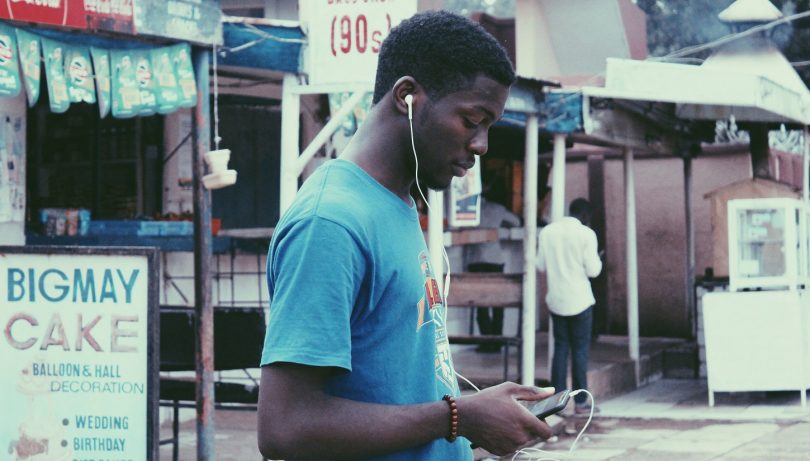There was a time when Africa’s entertainment industry was solely hinged on official release of movies through CD and Video cassette distribution companies before it would reach a household. A Nigerian movie could take months before it circulates throughout the country and the better part of a year to reach at least two to three neighbouring countries. Digital technology and streaming platforms like YouTube and Netflix have made it easier to access African movies at regional and continental level.
Same process of distribution is also evidenced in the African music industry which was making it harder for artists to get royalties on their intellectual property. But with digital technology access, streaming platforms and social media, artists are now getting more recognition for their works and monetary compensation is no longer a problem.
Digital technology’s impact on Africa’s music and movies industry has been tremendous, considering some of the highlights discussed below.
Connecting Talents and Products
Social media has bridged the gap, making it easy to have swift access to products. This is the case for music and movies too.
The increased demand for African music around the world has led to partnerships between African artists and international music producers and artists. In 2019, music artists and producers from Africa worked on The Lion King: The Gift, the soundtrack album by Beyoncé, a successful project in its own right that amplified Afrobeat tune on a global level.
Not only that, international recording and distribution companies like Universal Music Group, Sony Music, Warner Music Group and Empire have signed African artiste to help promote their art and reach a wider audience. Many African actors and actresses have gone mainstream, featuring in Hollywood blockbuster movies and soap operas.
Streaming Platforms
This is the hallmark for African entertainment industry as we have moved away from the number of physical albums sold to digital music streams on platforms like Deezer, Boomplay, Spotify, Apple Music, and YouTube. Chart data for music streaming has been the new parameter to measure success of African music, something that was not possible in 2013, documented in a New York Times piece.
African movies have become mainstream contents on Netflix, as the production company bought the right from the original producers. DStv’s Africa Magic, IrokoTV and Netflix have had to partner with African producers to produce original movies to meet up with the teeming demand for movies and series from the continent.
Creatives and Technological Access
African creatives do not need to produce movies or make music and wait for cinema screenings or album listening parties to make their projects available. NdaniTV, The Naked Convo, Accelerate TV are online TV channels popular on YouTube for African short series. Pay TV has also been another instrumental factor in enhancing outreach of Africa’s movie and music industry with platforms like DStv, GOtv and others.
Also, artists have exclusive rights and get royalties for music videos shared on their YouTube channels. Online content creators and filmmakers have independence of decision on how to release their projects, as it is no longer restricted to cinemas and film festivals.
Not to forget, digital technology has led to the invention of different techniques and software for music and movie production used by creatives to produce content.
Economic contributions and Investments
A 2016 IMF report revealed that movies contributed 1.42 percent of Nigeria’s GDP. South Africa’s music industry was estimated to hit $178m in revenue in 2020 while that of Nigeria is estimated to rise to US$73 million in 2021. Not forgetting that, Nigeria’s creative industry is one of the largest employers of labour. All these have happened as a result of increased adoption of digital technology in the creative industry.
Also, Africa’s entertainment industry has become the next best thing for investors to put their money. A serial bootstrapper and venture capitalist, Kola Aina shared a tweet stating that investors no longer care about ethnic boundaries as data has shown that investing in movies will certainly earn you a return in investment, judging by box office figures of some African movies.
Asides that, Africa has bankable musical acts now, judging by the recognitions and awards garnered by Afrobeat legends like Burna Boy and Wizkid, in recent times. All of which was made possible by the collapse in distribution, production and access due to digital technology.
Though digital technology has helped African entertainment industry solve the problem of piracy, it would be quite laudable if it can help to resolve the lingering issues of homegrown distribution networks and ineffective property laws.
This article conveys the views of the author and not necessarily that of Ominira Initiative.
Photo by Muhammadtaha Ibrahim Ma’aji on Unsplash


